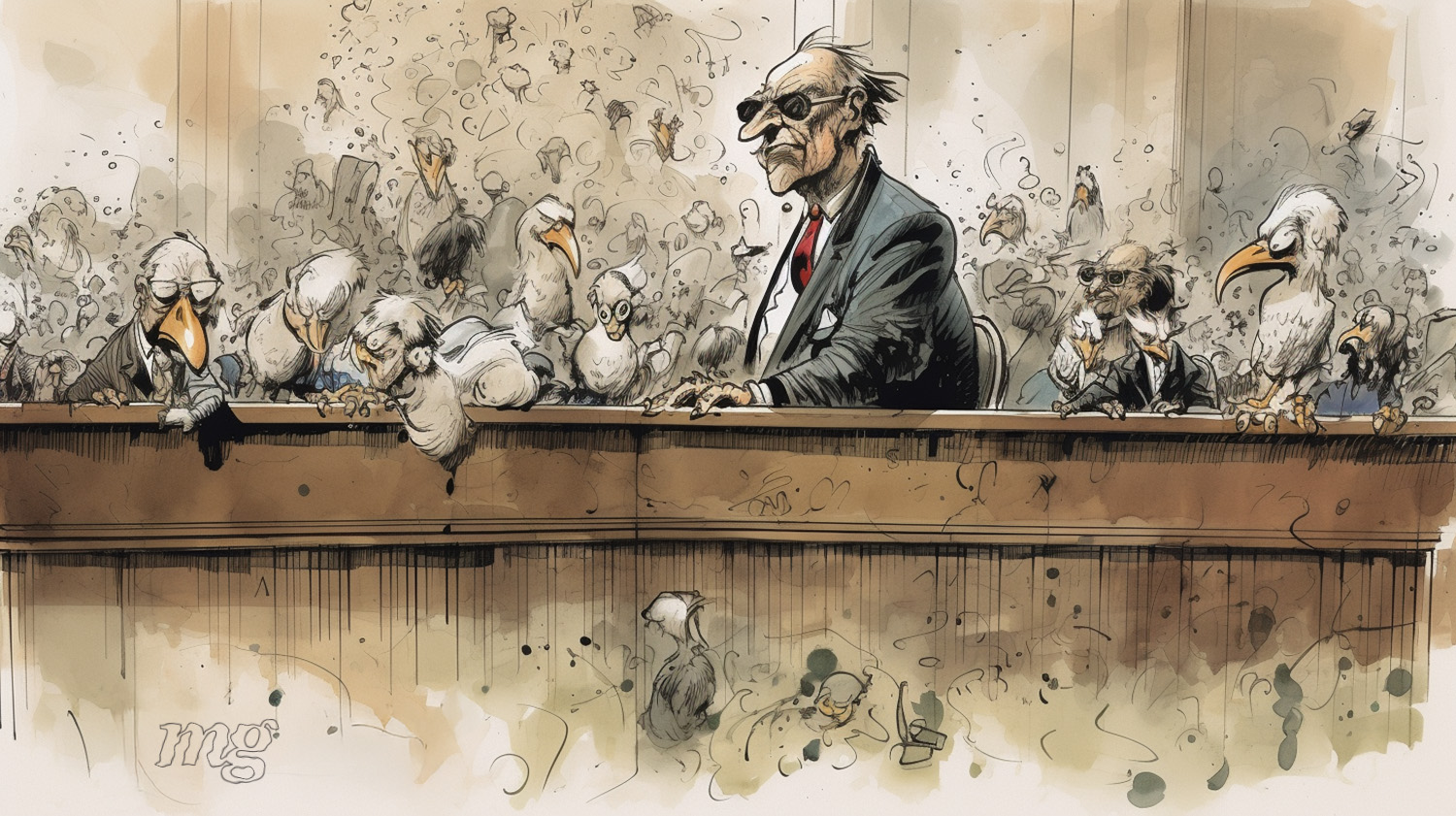The Controlled Substances Act (CSA), 21 U.S.C. §§ 801-971, is a federal law that makes manufacturing, distributing, or dispensing marijuana a crime. Despite the modern proliferation of state laws legalizing cannabis possession, use, and sale, federal law supersedes states’ cannabis laws through the application of the Commerce Clause in the United States Constitution. Although federal authorities appear unwilling to enforce their superseding legislation, some economic and legal measures available under federal law to traditional businesses are outside cannabis businesses’ grasp. Bankruptcy relief is one such measure.
Bankruptcy courts are federal courts and are bound by federal law despite the expansion of legalized cannabis in individual states throughout the U.S. Thus, when a cannabis-related company seeks bankruptcy relief, courts typically dismiss the case on the basis that a company operating outside the bounds of federal law cannot be granted relief consistent with the Bankruptcy Code and other federal law. The U.S. Trustee, part of the U.S. Department of Justice, serves as “watchdog” of bankruptcy cases and has taken the position that cannabis-related bankruptcy cases should be dismissed on the basis that 1) the bankruptcy system should not be used as an instrument in the ongoing commission of a federal crime and 2) any bankruptcy plans that involve continued illegal activity may not be confirmed.
Procedurally, the dispute as to whether the CSA prohibits a debtor’s access to federal bankruptcy protection has come up in various contexts, including general bankruptcy estate administration and plan confirmation, resulting in the dismissal of many cases. These cases represent the prevalent view by bankruptcy courts that growers, processors, distributors, retailers, and all other cannabis-related businesses are prohibited from seeking relief due to ongoing violations of the CSA. Even cannabis-related landlords and equipment dealers have been found to violate the CSA, resulting in the dismissal of their bankruptcy cases.
Some courts that have felt constrained to follow the traditional approach of dismissing cases involving cannabis nonetheless have expressed empathy for debtors that are in need of relief but face few to no practical alternatives.
A few U.S. bankruptcy courts, predominantly in the Ninth Circuit, have declined to apply a bright-line rule that required dismissal of all cases having any relationship to the cannabis industry. Judges have permitted companies to remain in bankruptcy where the company had remote connections with a cannabis business or formerly operated or received income in connection with a cannabis business (but no longer does). One of these courts explained that dismissing every case with connection to federally illegal activity would harm the constituencies that Congress attempted to protect with the tools of the Bankruptcy Code.
As the case law continues to evolve, some bright-line rules have emerged. Nevertheless, a few courts have agreed the mere presence of marijuana near a bankruptcy case should not automatically prohibit a debtor from seeking relief. These courts have stated that a bankruptcy court should articulate its legal and factual bases for dismissal in cases involving marijuana, including an evaluation as to whether and how the debtor actually was violating the CSA and why dismissal of the case was necessary.
The U.S. Drug Enforcement Administration has proposed transferring cannabis from Schedule I of the CSA to Schedule III, based on the Department of Health and Human Services’ determination cannabis has at least one accepted medical use and a mild potential for abuse and physical or psychological dependence. This proposal signals a potential shift in how cannabis could be treated in the near future, potentially including making federal bankruptcy relief available for state-legalized cannabis businesses.
Unfortunately, until federal legislation is put in place, access to bankruptcy courts for distressed businesses in the cannabis industry will remain limited.
Leah Eisenberg, Esq. is a partner at the law firm Pashman Stein Walder Hayden PC. Her practice encompasses corporate reorganization, corporate trust default, intercreditor matters, bankruptcy litigation, cannabis-related financing, and cross-border representation. She represents debtors, creditors, indenture trustees, committees of unsecured creditors, lenders, bidders, and acquirers.
Examining the impact of federal law on bankruptcy relief for cannabis businesses in the United States. Read More


